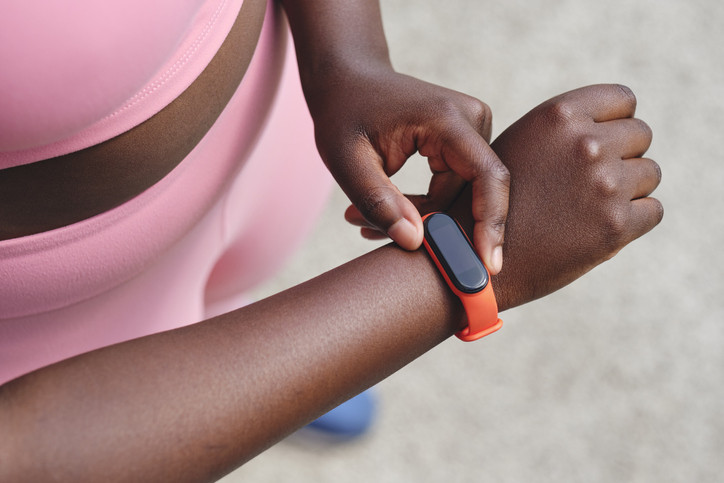Do activity trackers make us exercise more?
News briefs
- Reviewed by Anthony L. Komaroff, MD, Editor in Chief, Harvard Health Letter; Editorial Advisory Board Member, Harvard Health Publishing

Activity trackers can do more than ever before. They can measure your heart rate, heart rhythm, blood oxygen levels, calories burned, and the number of minutes you spend exercising or sleeping. They can "talk" to your smartphone or smart gym machines and connect you to workout videos, recipes, or guided meditation. Do trackers get you to move more? Studies of this question have been mixed. But an analysis published in the August 2022 issue of Lancet Digital Health found that wearing a tracker does seem to be a motivator. Scientists evaluated data from almost 400 studies from around the world, involving 164,000 people of all ages and varying health. Taken together, the findings suggested that trackers encouraged people to walk 40 more minutes per day, resulting in about two pounds of weight loss per person in about 5 months. There was also some evidence that wearing a tracker was linked to lower blood pressure, cholesterol, and blood sugar levels. The findings don't prove conclusively that trackers triggered the increased activity. But it won't hurt you to use one, and it may even motivate you to work out more.
Image: © Westend61/Getty Images
About the Author

Heidi Godman, Executive Editor, Harvard Health Letter
About the Reviewer

Anthony L. Komaroff, MD, Editor in Chief, Harvard Health Letter; Editorial Advisory Board Member, Harvard Health Publishing
Disclaimer:
As a service to our readers, Harvard Health Publishing provides access to our library of archived content. Please note the date of last review or update on all articles.
No content on this site, regardless of date, should ever be used as a substitute for direct medical advice from your doctor or other qualified clinician.
















